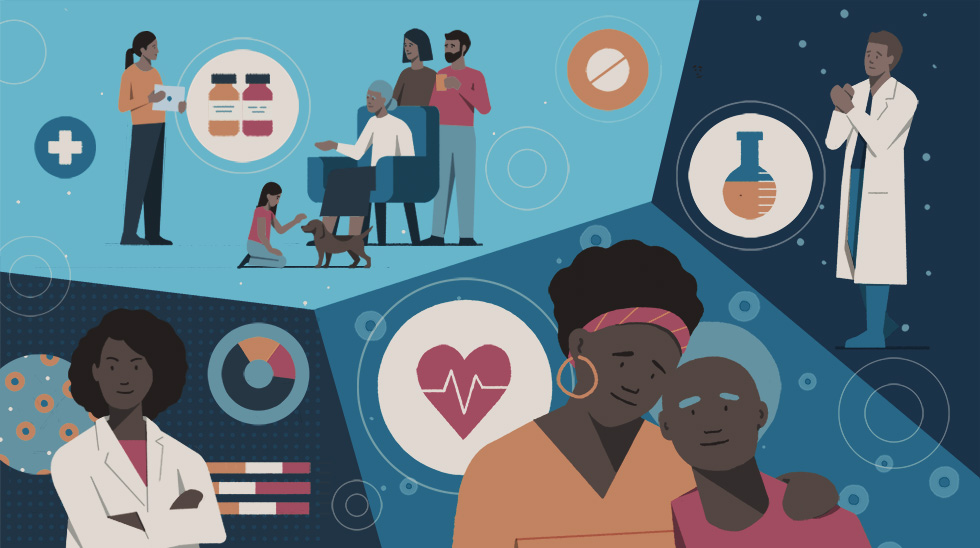INNOVATION FUND
Our healthcare system is failing too many patients, so we’re doubling down on bold new ideas to address barriers to quality care.
Important Notice
Due to our 2025 year-end close process, the Genentech Funding Request System will stop accepting charitable requests at 12:00 AM PT, November 27, 2025, and will reopen for requests on Friday, January 2, 2026.
This temporary closure affects Health, Patient, and Science Focused Giving, Education Focused Giving Graduate and Post-Graduate, Education Focused Giving K-12, and Community Giving requests. Independent Medical Education and Independent Co-pay Assistance Foundation will continue to accept requests during this time.
It is important to note that the Genentech Funding Request System cannot accept requests less than 60 days prior to the event/program start date. Therefore, once the system re-opens, we will not accept charitable contribution requests for an event or program occurring before March 3, 2026.
Pending charitable requests with event/program dates beginning in January 2026 or beyond may receive final decisions in the new year.
As the pioneers of the biotech industry, it’s our responsibility to catalyze change and help build a healthcare system where all patients can benefit equally from groundbreaking medical advances. That’s why we launched the Innovation Fund in 2019 to invest in game-changing ideas with the potential to transform healthcare.
Why We Invest: Patients Deserve Better
Though our industry has known for decades that various barriers to care impact health outcomes , progress toward addressing these challenges has been slow moving.
Black and Hispanic/Latinx people are 2-3 times more likely to develop diabetic retinopathy and diabetic macular edema, and are less likely to have access to screening.1
Black and Indigenous people remain underrepresented in the healthcare workforce.2
Fewer than 20% of new drugs between 2014 and 2021 had clinical study data on benefits or side effects for Black patients.3
Our Investment By The Numbers
We prioritize funding for teams with bold new ideas and firsthand experience with the healthcare challenges their work addresses.
To continue funding this important work, the 2024 Innovation Fund is awarding an additional $10M+ in grant funding to 10+ grantee partners.
-
~$50M allocated through four rounds of funding since 2019*
-
100+ grantees supported through the Innovation Fund*
-
77% of grantees see greater buy-in for their work as a result of their funding
*Includes anticipated investments in the 2024 grantee cohort
Grants To Spark Change With Communities
Learn how we are supporting solutions to address gaps in healthcare and STEM education.
1Dembeck, L. (2022, March 28). Racial disparities common in diabetic eye disease screening, treatments. Ophthalmology Advisor.
2 Association of American Medical Colleges. 2021 Physician Specialty Data Report.
3Green, A. (2022, March). Despite the FDA’s five-year plan, Black patients remain inadequately represented in clinical trials for drugs. Health Affairs.
